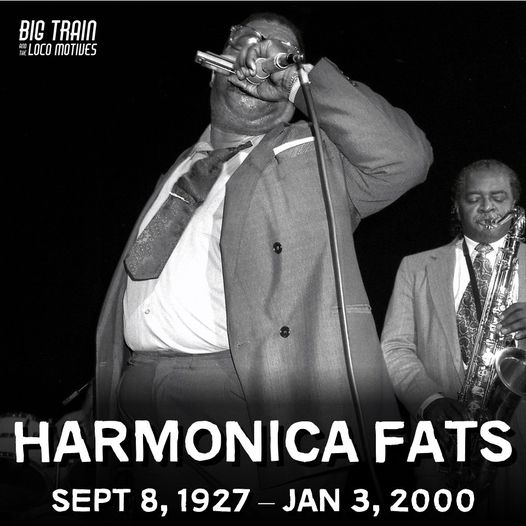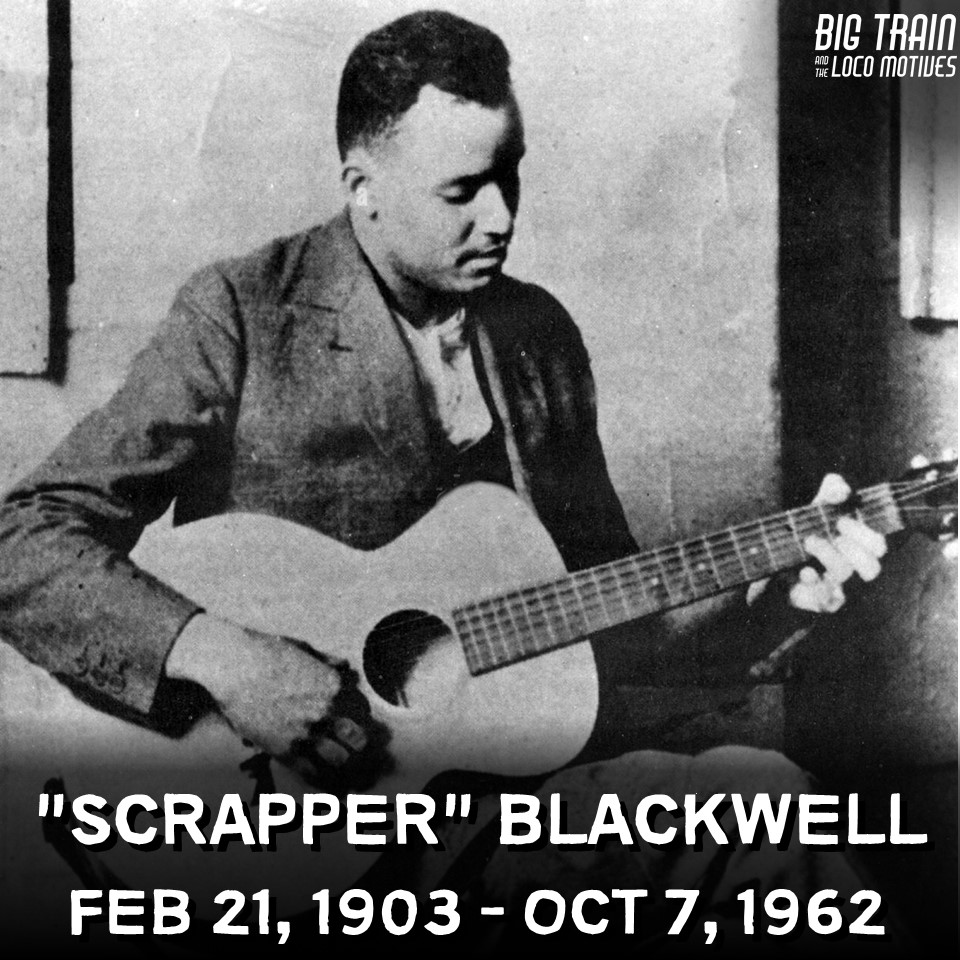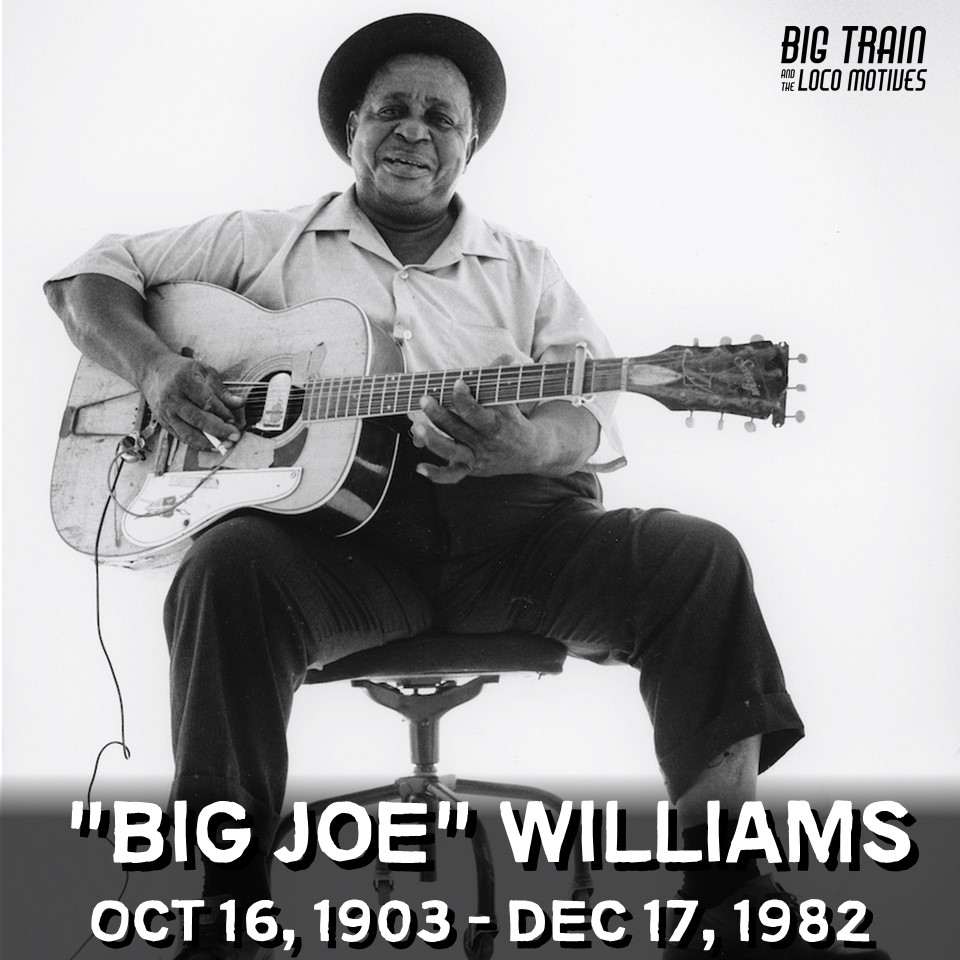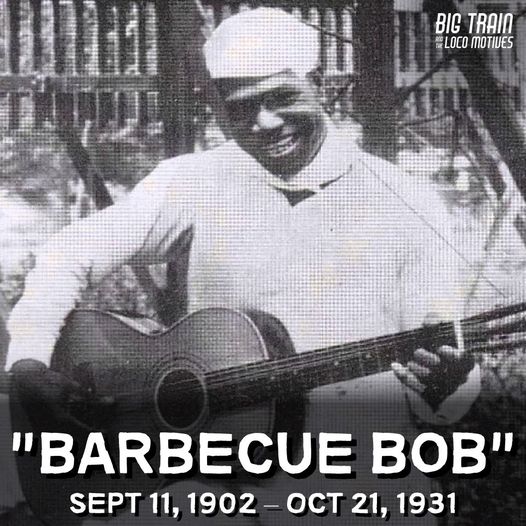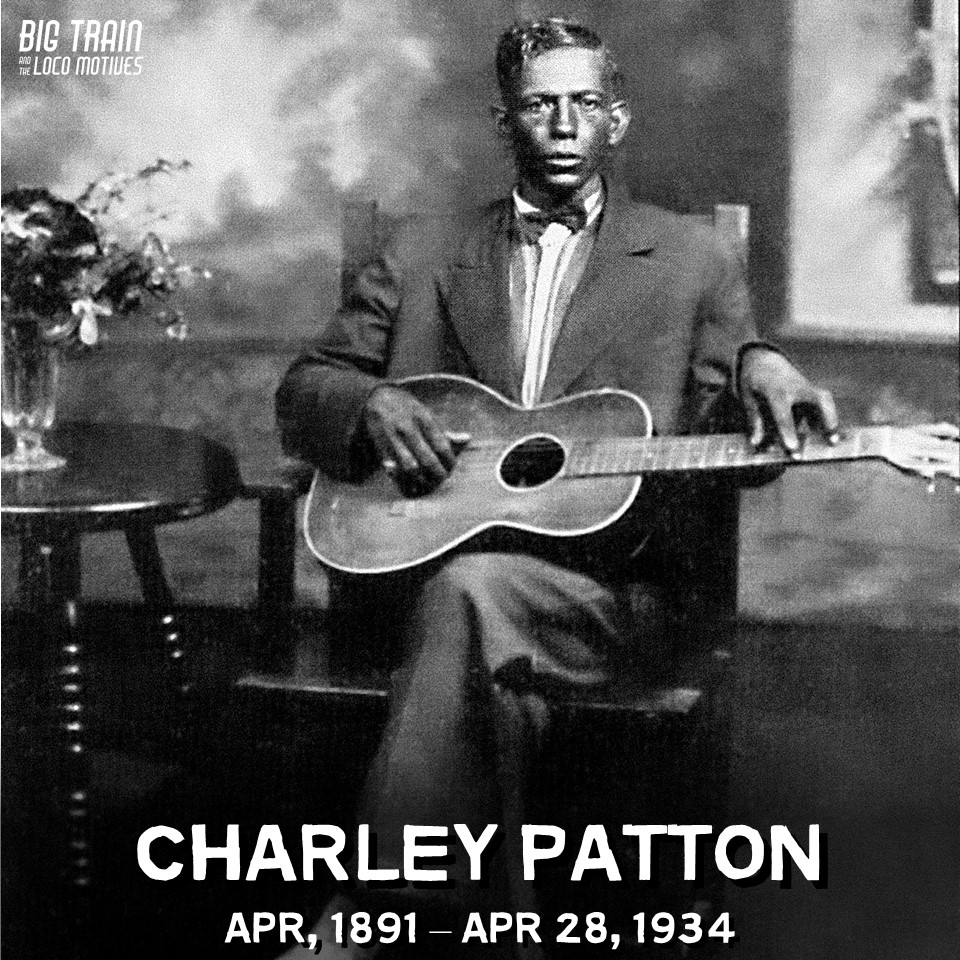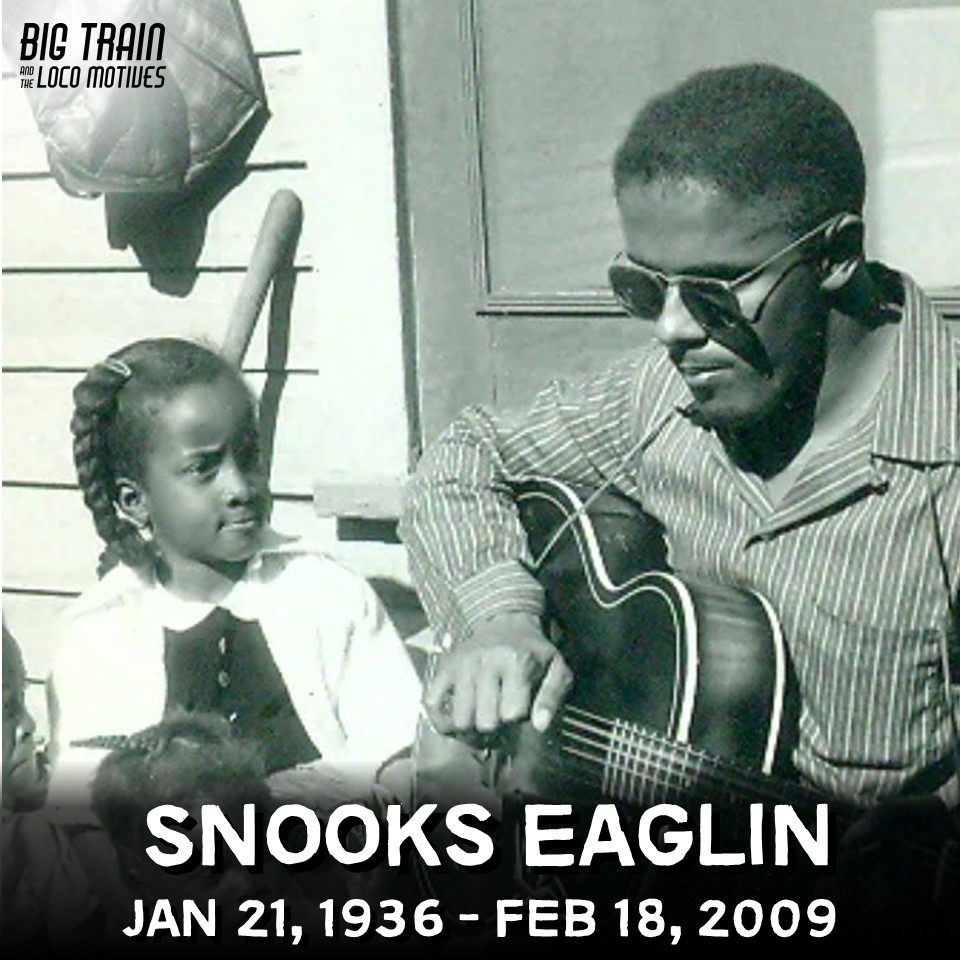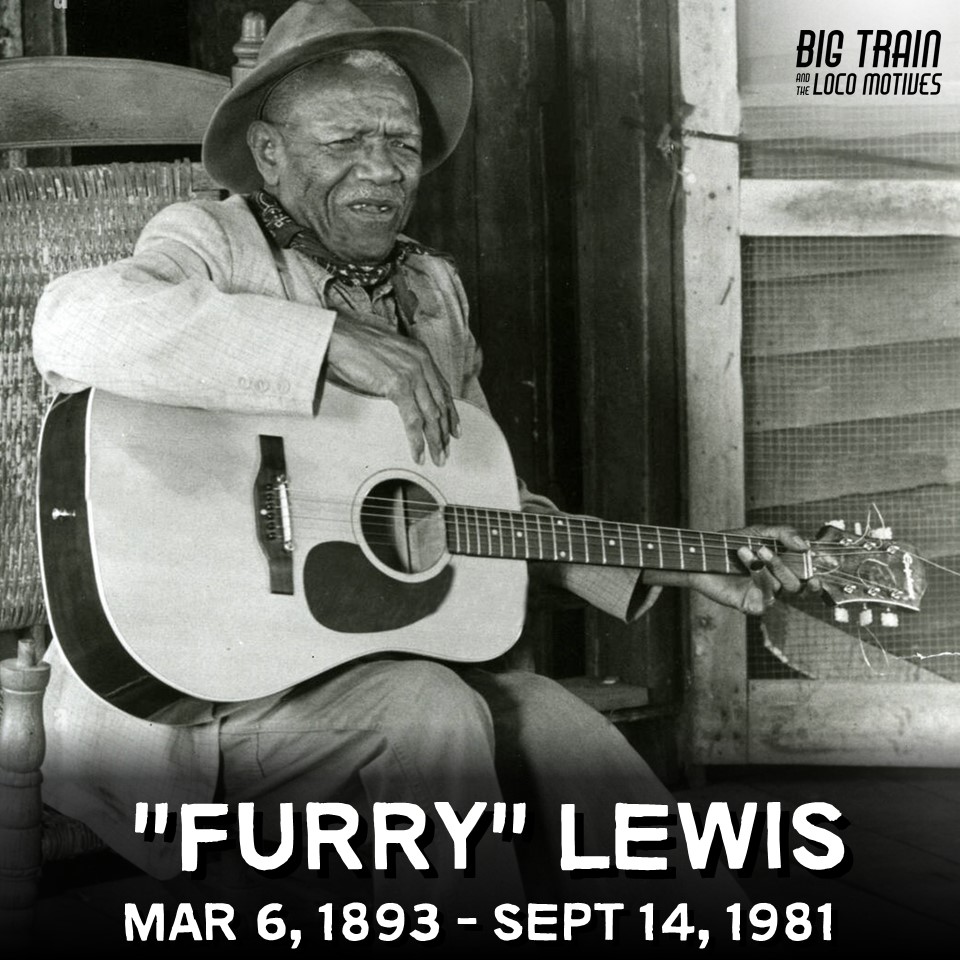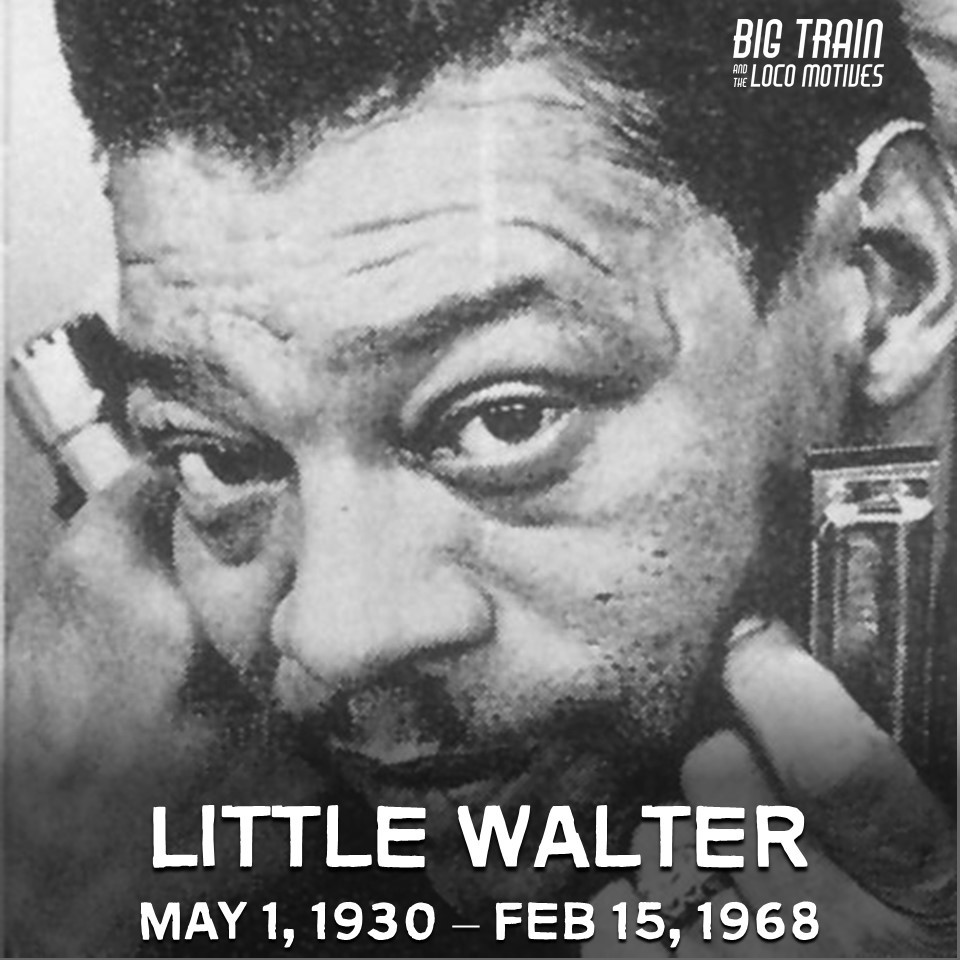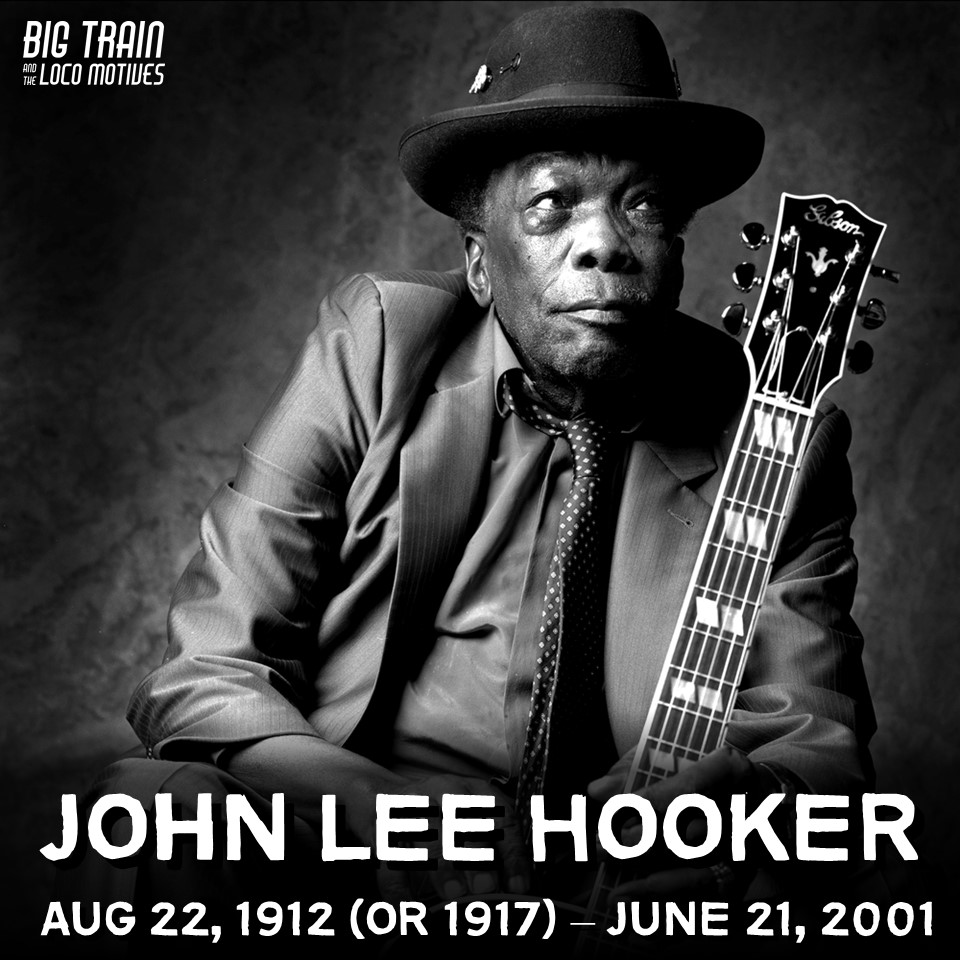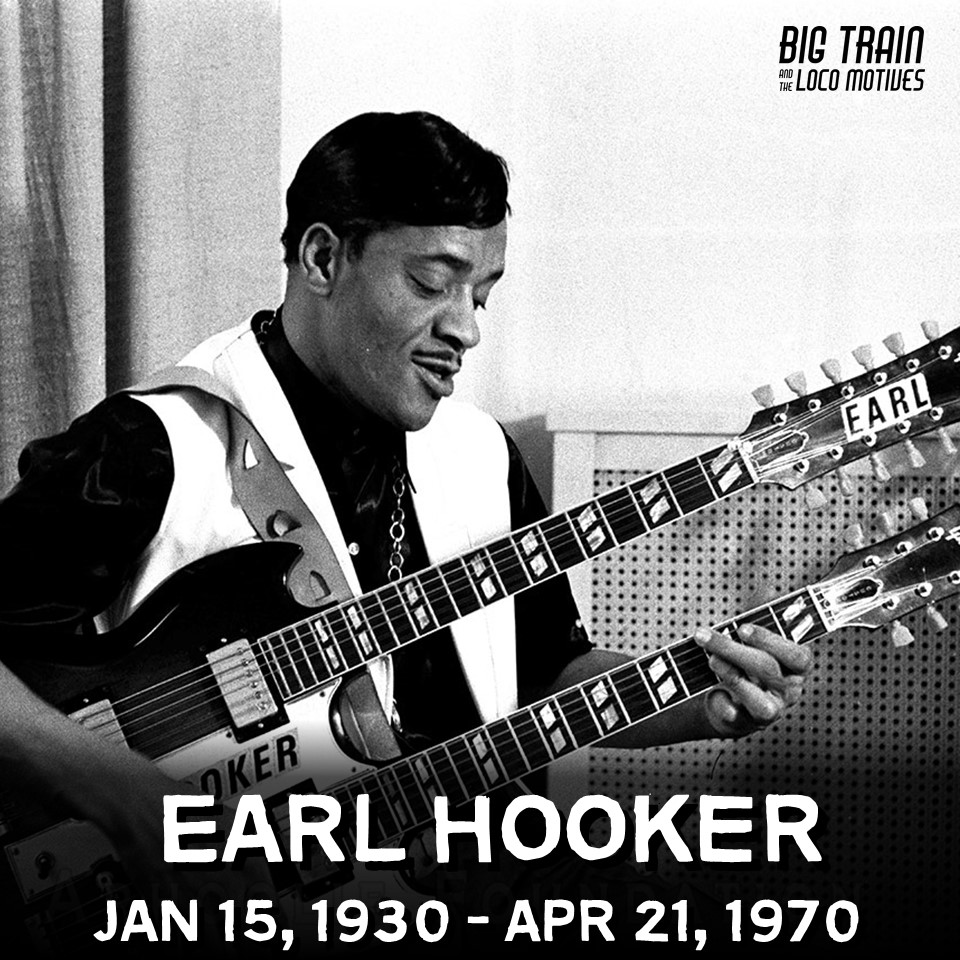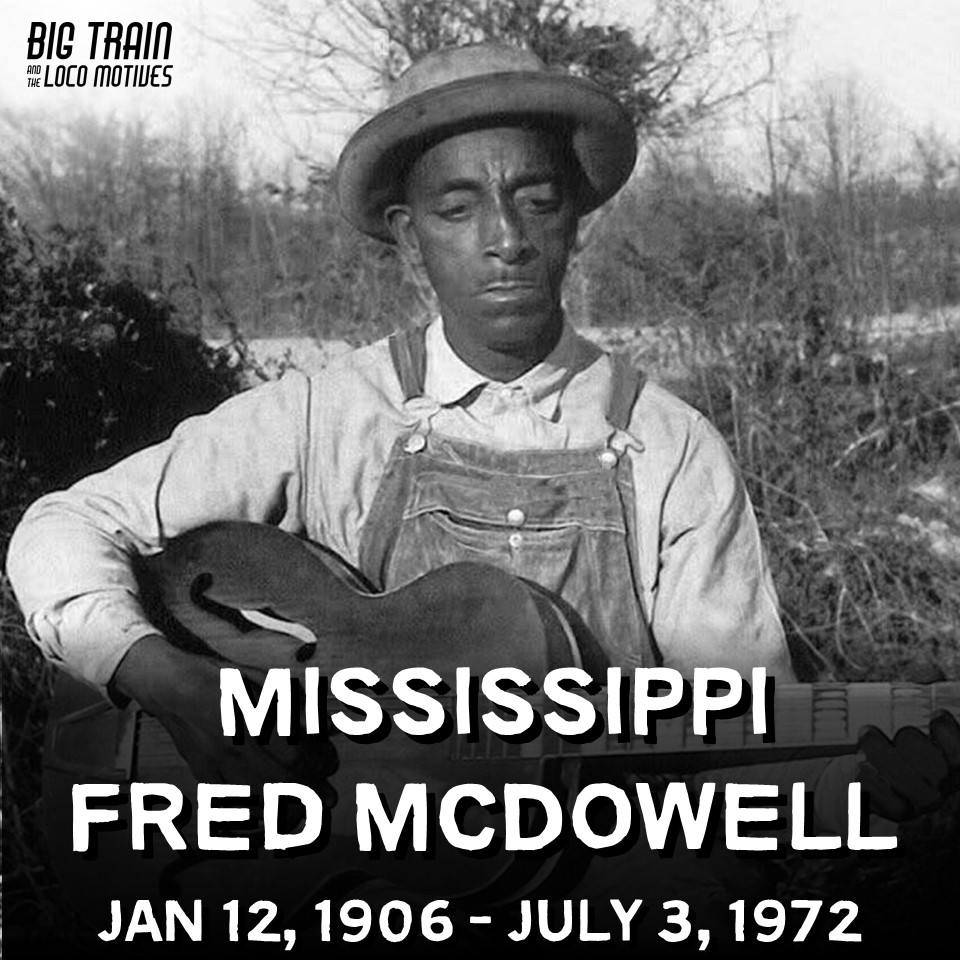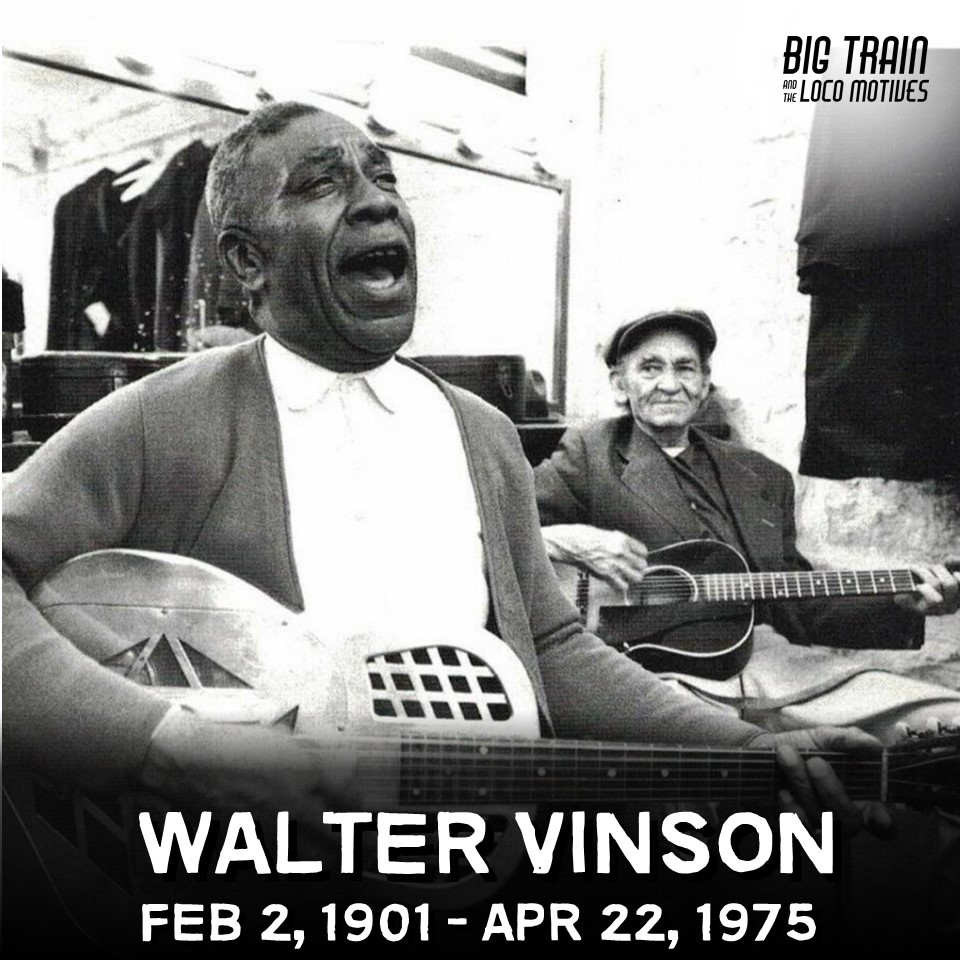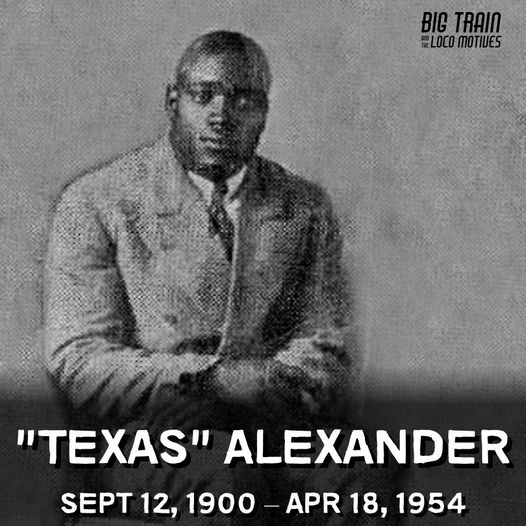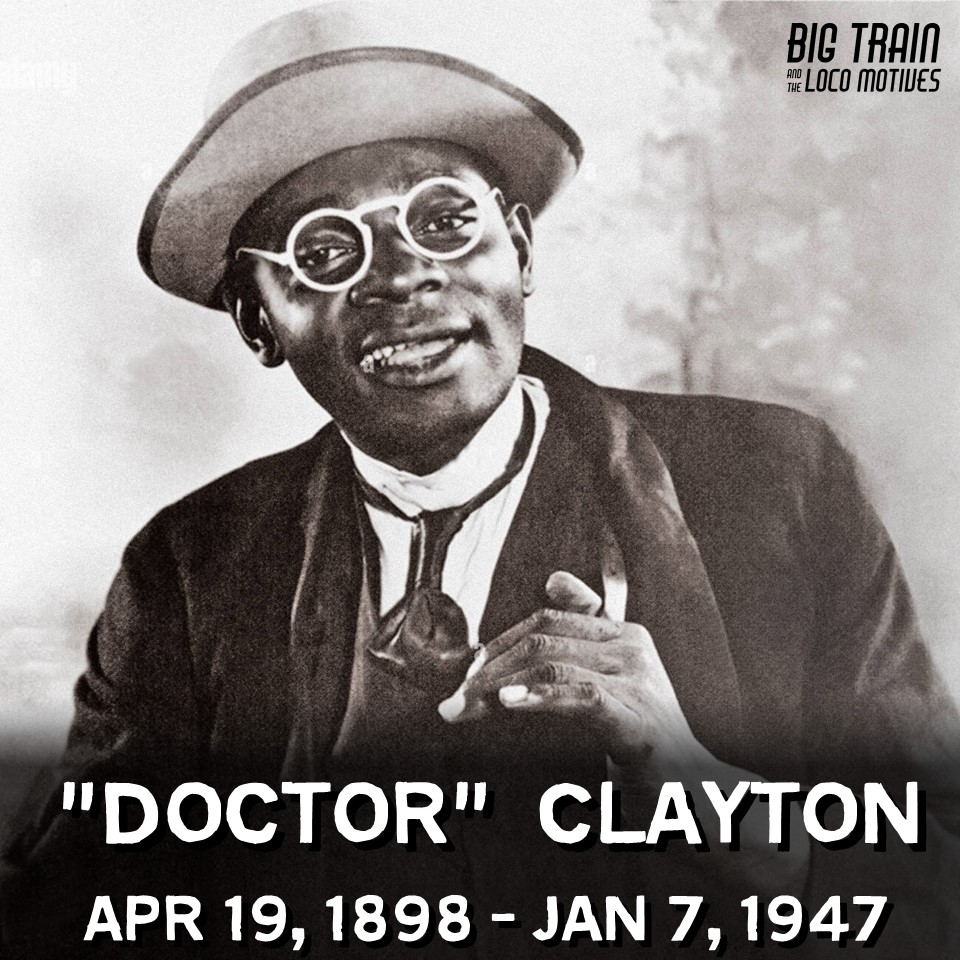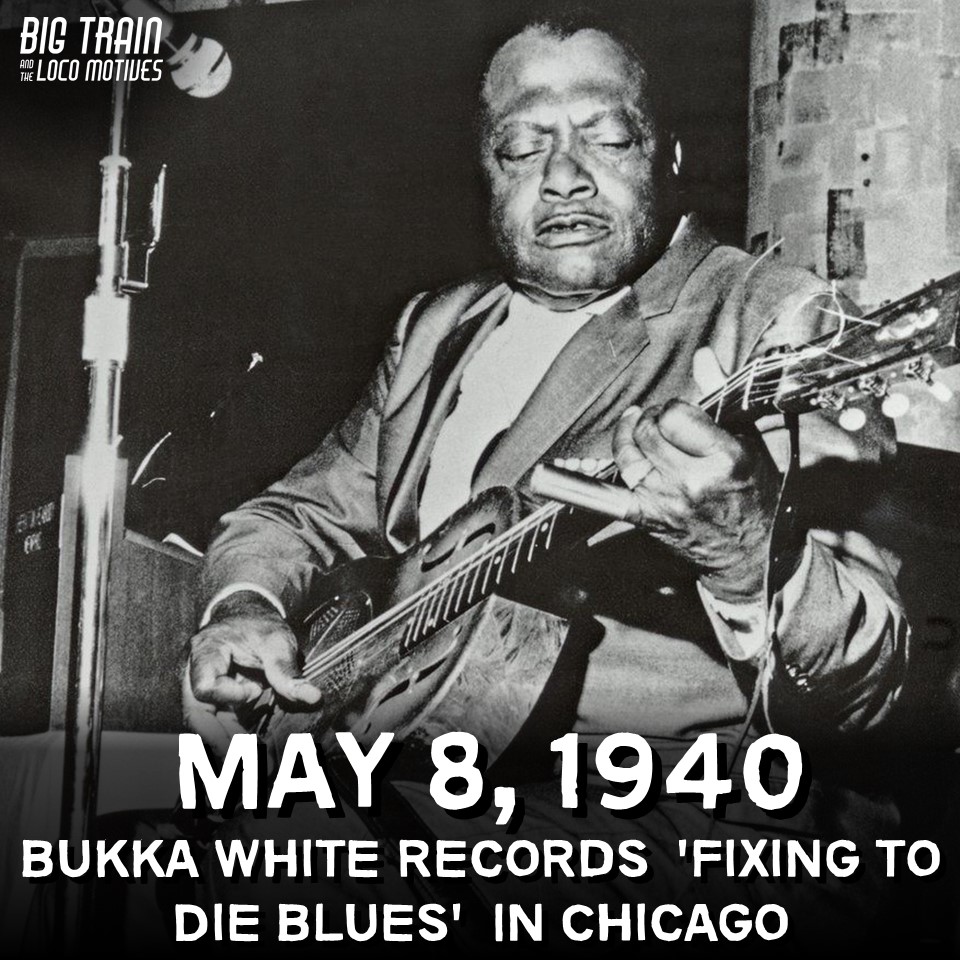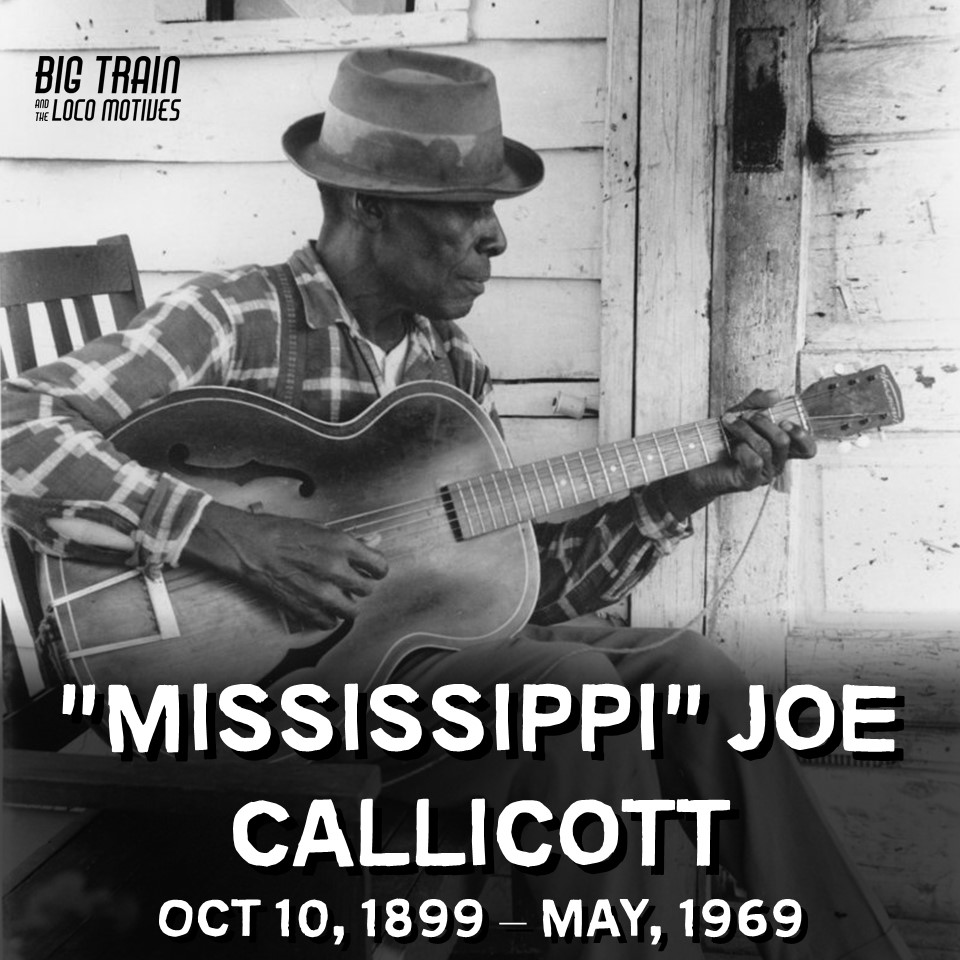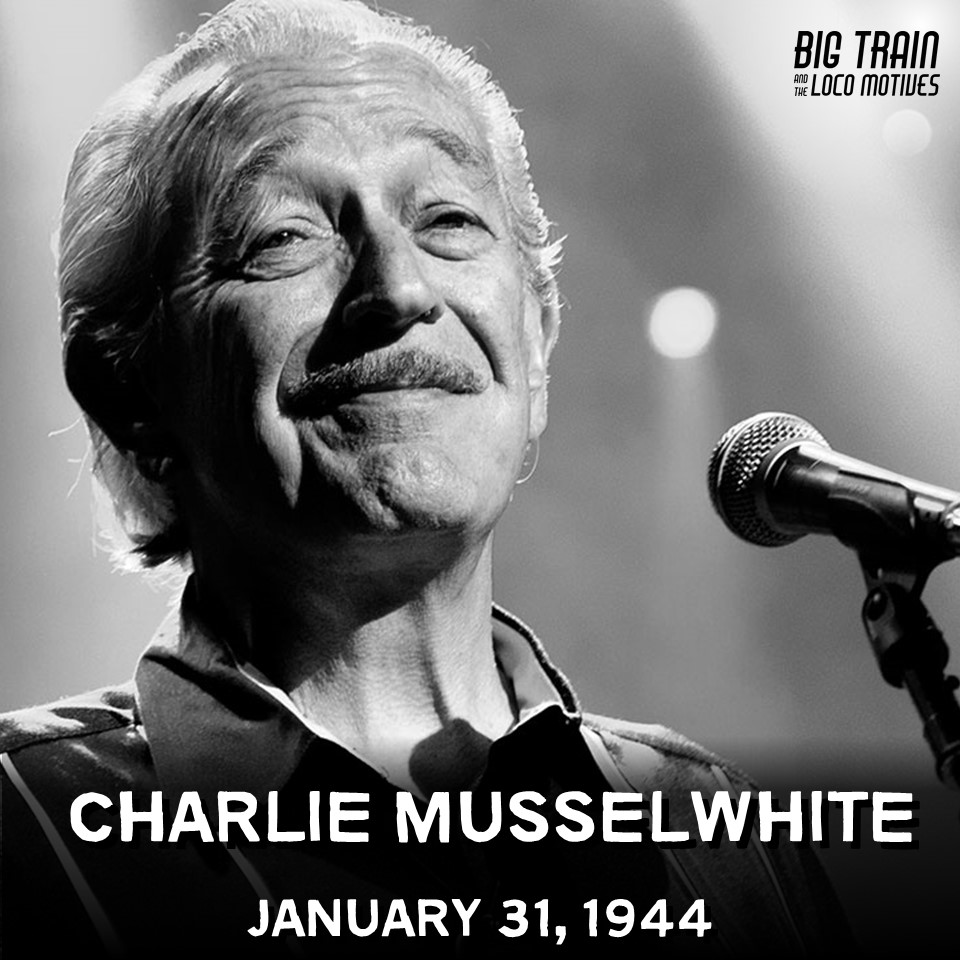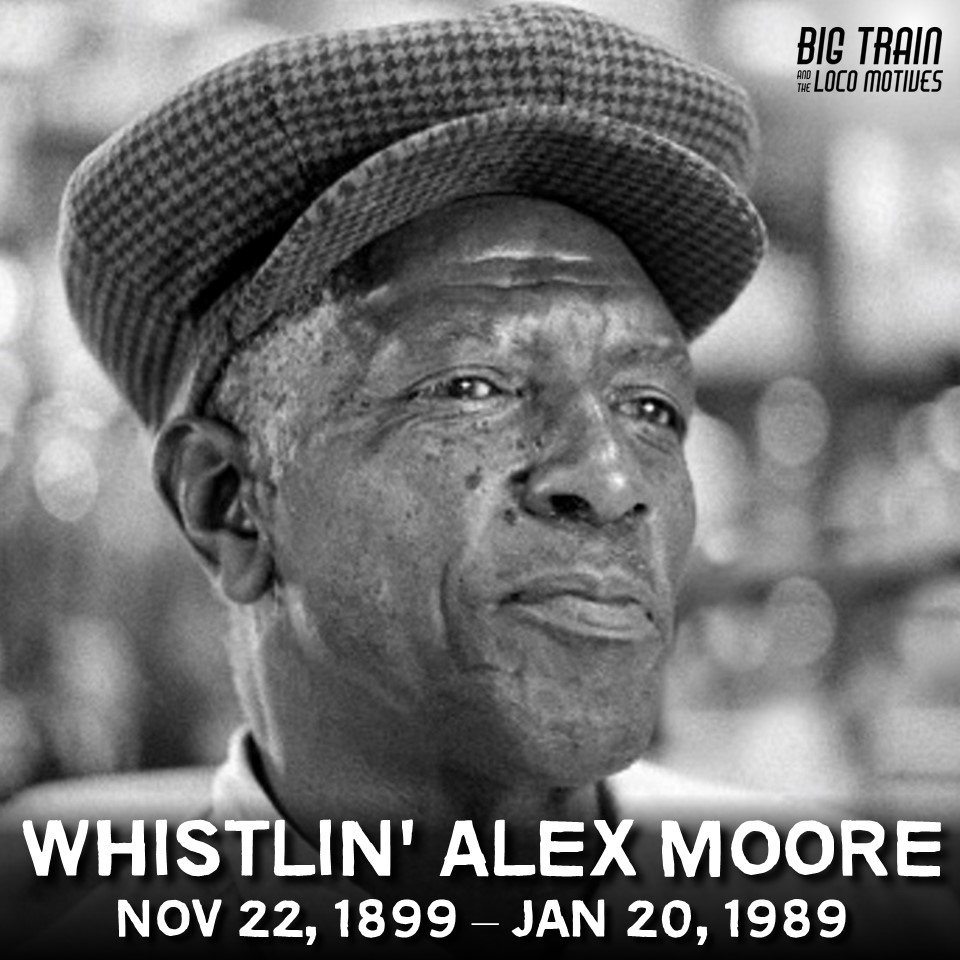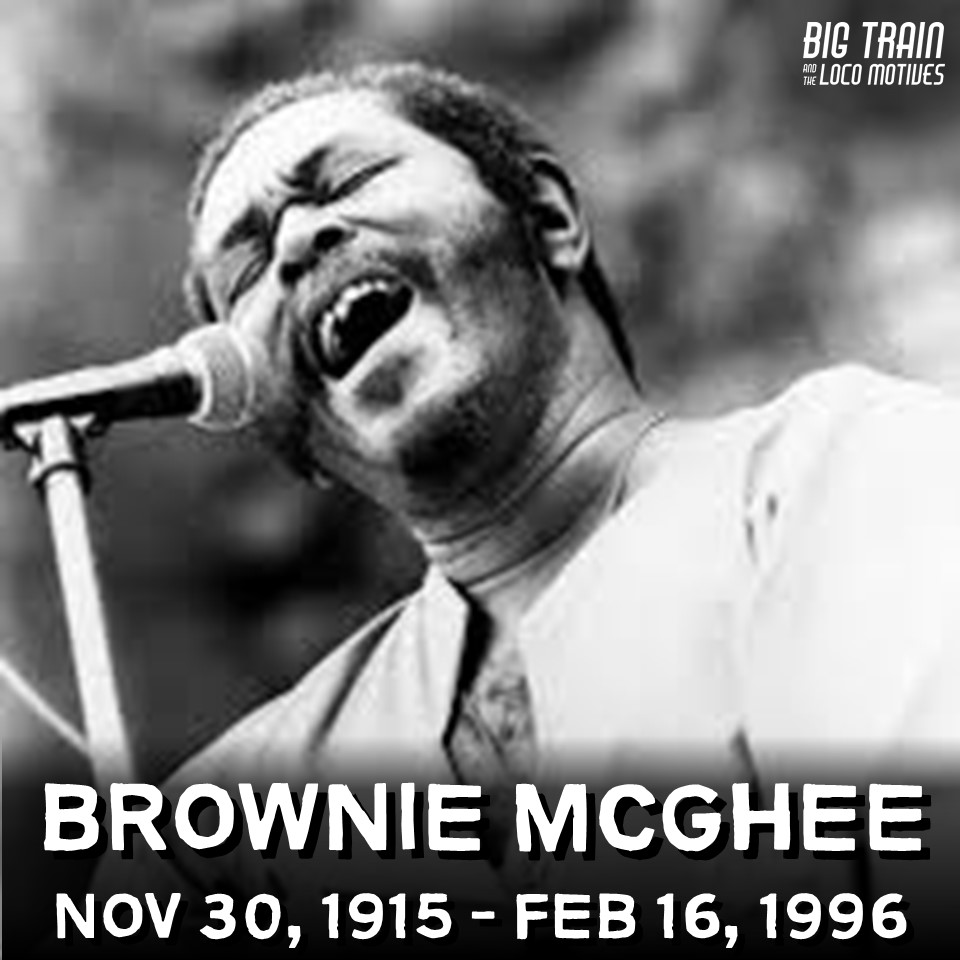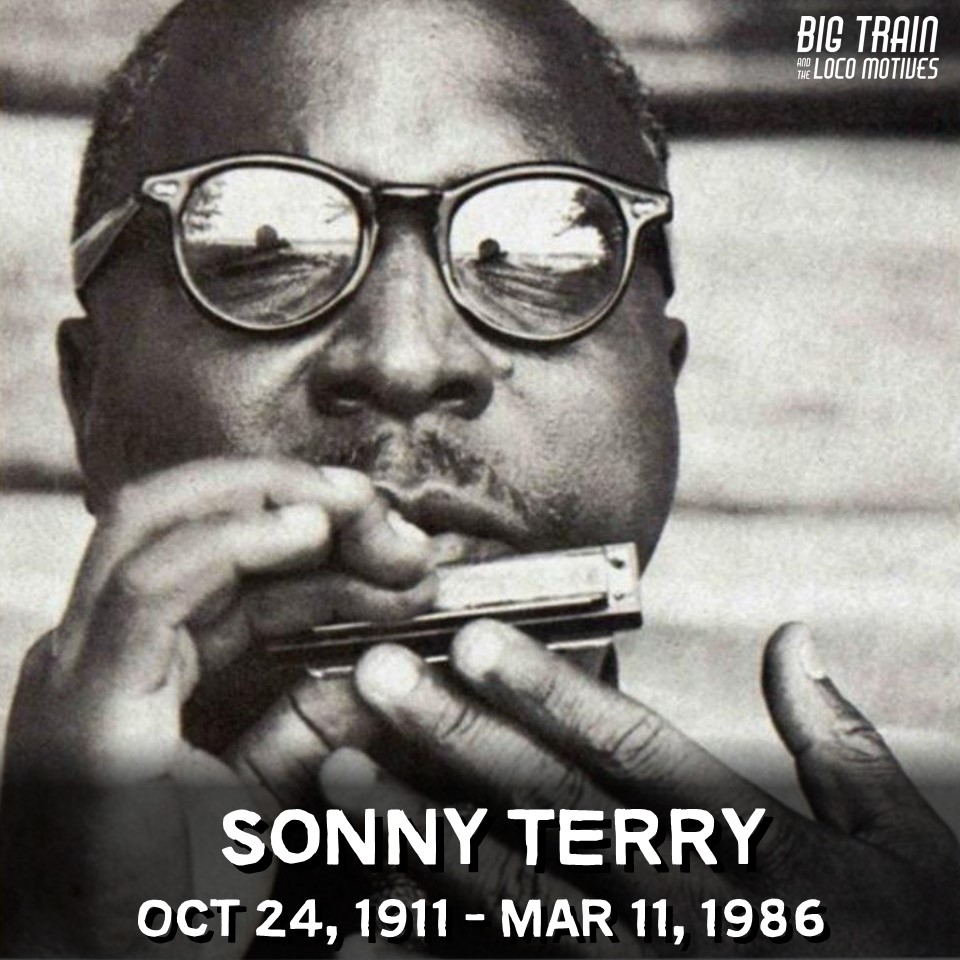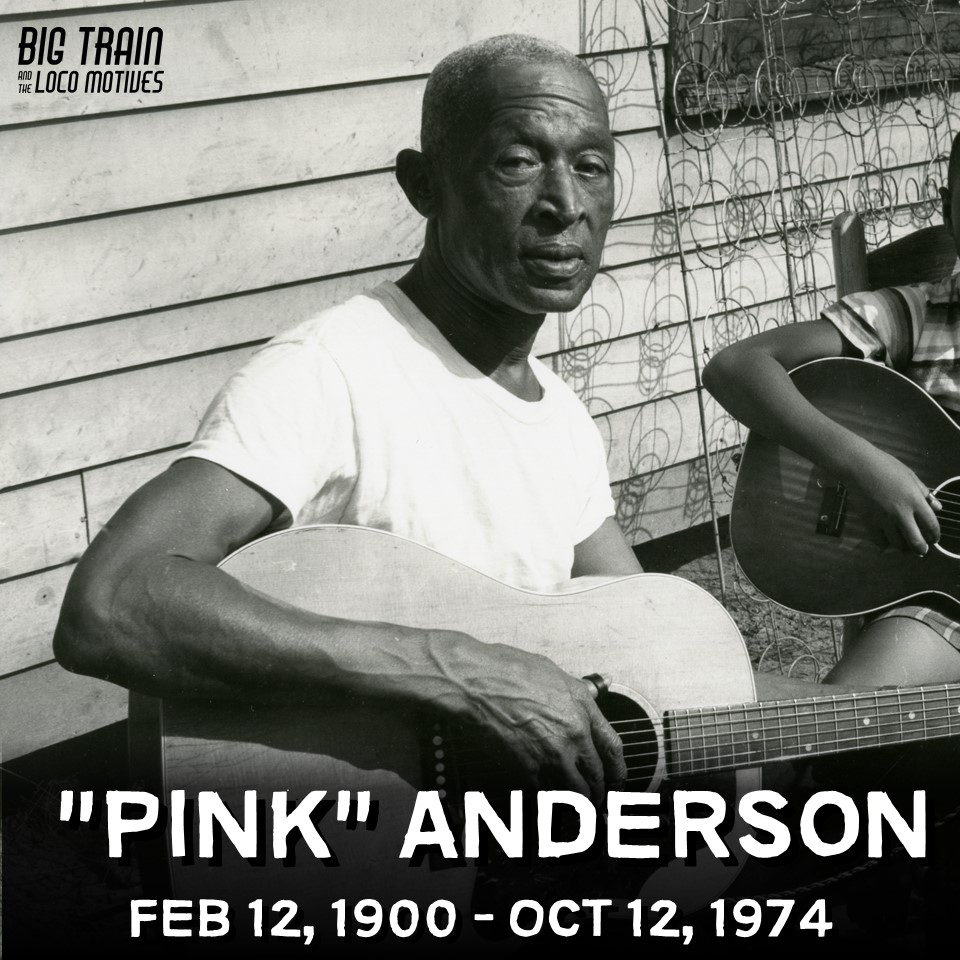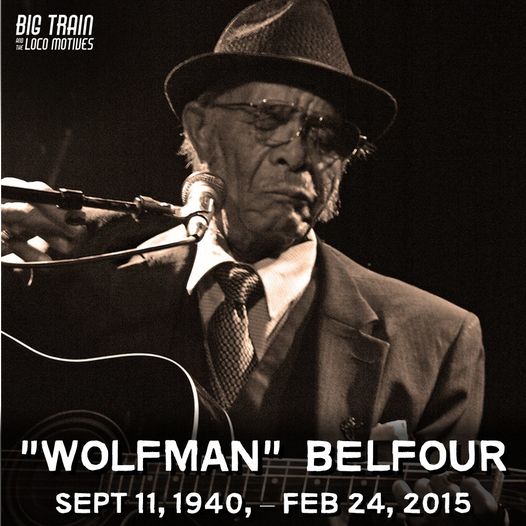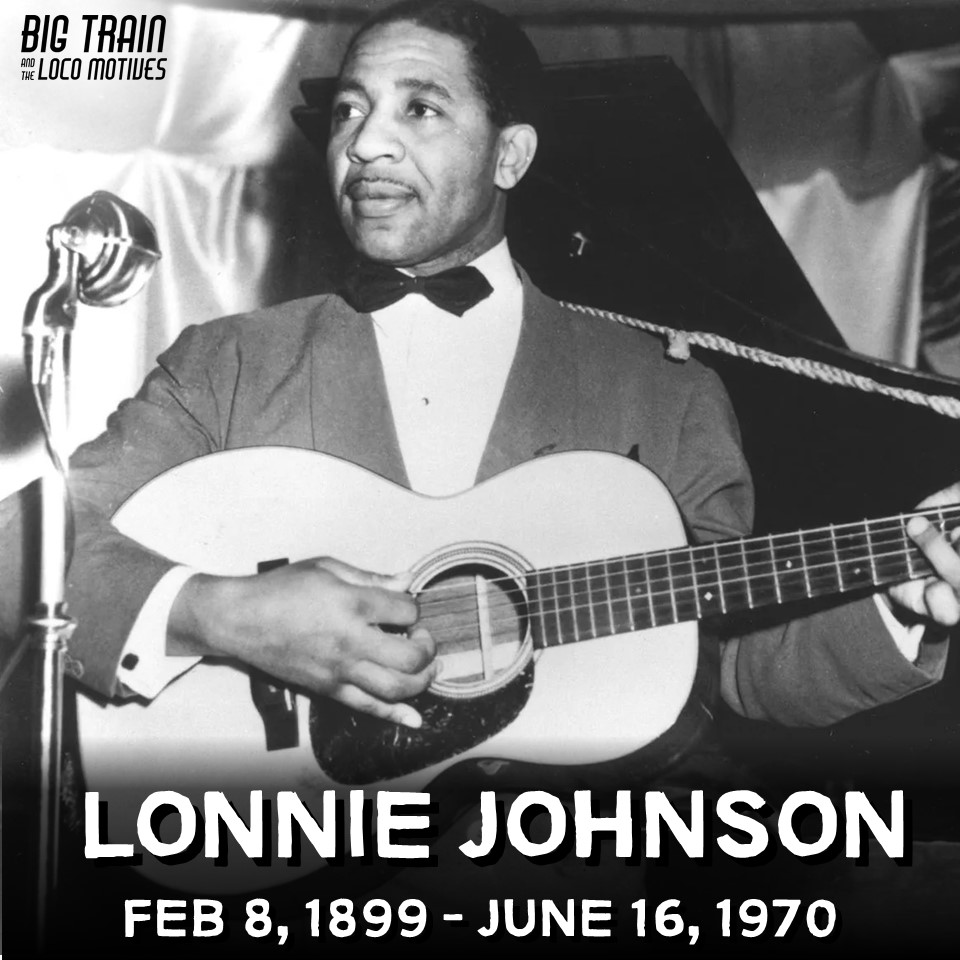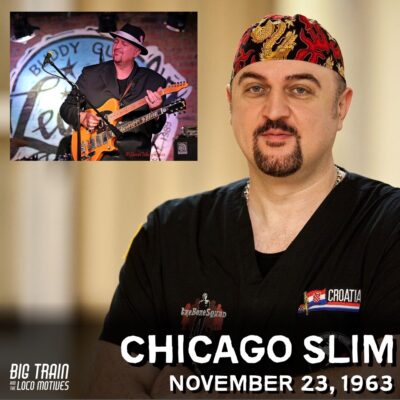
HEY LOCO FANS -We want to wish Chicago Slim a big happy birthday!!!
Here’s an article recently written about him that I know you’ll enjoy. You can read the original article here: https://cbs4local.com/news/entertainment/renowned-orthopedic-trauma-surgeon-doubles-as-savior-of-chicago-blues-musicians-and-all
There are many times you’ll see Dr. Dan Ivankovich at a Chicago hospital with his signature black scrubs on, which has doubled several times as wardrobe for his second career as a blues musician.
“There were many times that I’d hit the stage wearing my hospital scrubs, which is why I chose the color black,” Dr. Ivankovich said during a recent Zoom interview. “That way I’m not going to look out of place. I can hit the stage and still look cool.”
Dr. Ivankovich has turned a tragic end to a promising basketball career and a job at a college radio station hosting a blues show into a lifelong obsession with saving not only the music that is the Chicago Blues, but all the musicians that have impacted his life and the lives of so many around the world.
That obsession has turned into the Chicago Blues Society, an organization that Dr. Dan helped found, that promotes healthy lifestyles for underserved musicians of all genres and provides mentorship and musical enrichment for at-risk inner city youth.
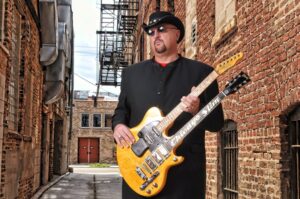 “In essence, every one of our supporters loves the blues,” he said. “I think we have about 31,000 members on our Facebook group. I mean everybody loves the music. That’s why we’re there. For me, Chicago blues is a very unique sub genre of the blues because that’s where Muddy Waters electrified it,” he said. “I mean the blues kind of a took on a whole different muscular sound and it became broadcast worldwide. It’s what influenced (Eric) Clapton, Jeff Beck, The Rolling Stones and countless other blues rockers. So you know, in Chicago, as a physician, I work in particularly underserved areas of Chicago, and these tend to, you know, have predominantly ethnic minorities, Hispanic, African American, which parallels where many of these black blues musicians live. And we realize that when you go to a blues club and you see a packed room, in many instances, the musicians are making less than the waitstaff. And that was something that was very problematic to me.”
“In essence, every one of our supporters loves the blues,” he said. “I think we have about 31,000 members on our Facebook group. I mean everybody loves the music. That’s why we’re there. For me, Chicago blues is a very unique sub genre of the blues because that’s where Muddy Waters electrified it,” he said. “I mean the blues kind of a took on a whole different muscular sound and it became broadcast worldwide. It’s what influenced (Eric) Clapton, Jeff Beck, The Rolling Stones and countless other blues rockers. So you know, in Chicago, as a physician, I work in particularly underserved areas of Chicago, and these tend to, you know, have predominantly ethnic minorities, Hispanic, African American, which parallels where many of these black blues musicians live. And we realize that when you go to a blues club and you see a packed room, in many instances, the musicians are making less than the waitstaff. And that was something that was very problematic to me.”
BLUES BEFORE AND AFTER
The health of so many bluesman in the Windy City has always been a cause that Ivankovich said has always been worth fighting for, but the COVID-19 pandemic hit Chicago especially hard with strict lockdowns, which put the Chicago Blues community at a stand still.
“Chicago and Illinois were in quarantine and isolation on a level that was very different from Indiana and Wisconsin. The clubs were probably what, two plus years with nothing. And the musicians got hit really hard and no, I mean, it was it was literally it was zero,” said Ivankovich. “I mean, people were trying to do you know, outdoor porch events and stream them on social media. But I mean, Chicago for music. I mean, what tourism, there’s 55 million visitors a year. Yeah. You can’t make that up on social media doing a streaming podcast broadcast, whatever. I mean, it’s something about people coming to a club, to see you to enjoy you. And when that went away, I mean, people were just in shock. I mean, some of the bigger music scenes they were still able to do things outdoors. Now Chicago, they weren’t even letting them do it outdoors for a while so I I mean, it was just everything was shut. all genres were affected all musicians and it did get hairy because you know, for many of these musicians that make their livelihood this way it became um, it became a real panic that there wasn’t any paycheck protection yet. So they were living hand to mouth and having to make decisions between, you know, things like rent, food and then your health care, medications, gas for their vehicle. So I think musicians were disproportionately hit because how do you work from home when you’re a musician? For these blues musicians, they were living the blues.”
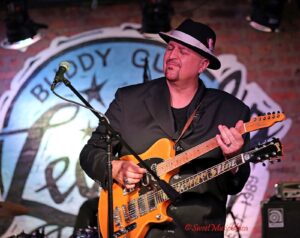 In 2009, Dr. Dan and his wife, Dr. Karla Ivankovich founded the Chicago-based nonprofit OnePatient-Global Health Initiative, with a mission to treat patients from Chicago, Cook County, Illinois and all over the world who have musculoskeletal health disorders, regardless of their ability to pay and without prejudice.
In 2009, Dr. Dan and his wife, Dr. Karla Ivankovich founded the Chicago-based nonprofit OnePatient-Global Health Initiative, with a mission to treat patients from Chicago, Cook County, Illinois and all over the world who have musculoskeletal health disorders, regardless of their ability to pay and without prejudice.
When the coronavirus pandemic hit in 2020, they took that model they started with the OnePatient-Global Health Initiative to help keep the blues and the bluesmen alive.
“You’re not just celebrating the music, but celebrating the musicians because, in a nutshell, without musicians there’s no music,” he said. “So the Chicago Blues Society was leveraging all these great iconic artists and these great songs, music and this repertoire to bring attention to the fact that there are many musicians that suffer health concerns. And they need help. I mean many are not insured. Many musicians are self employed and they struggle with health care. I can’t tell you how many have passed in their fourth, fifth, sixth decade of life where most musicians should really be hitting their stride. I mean look at John Lee Hooker. He’s in his 80s, Buddy Guy is still killing it in his 80s. But many of these musicians, who’ve worked all their lives, never really get to be around to enjoy the fruits of their labor. So my focus is keeping the blues musicians alive, not just keeping the blues alive.”
THE BIRTH OF CHICAGO SLIM
Dr. Dan’s introduction to the blues was far from traditional.
Back in the early 80s, Ivankovich, who stands 6 foot, 11 inches tall, came to America in 1968 when his parents defected from Yugoslavia. He went on to become an All-American basketball star during high school in Illinois. He had about 500 scholarships to universities all over the country to play college basketball for them, but he chose to stay close to home and play ball at Northwestern University, about 15 miles outside Downtown Chicago.
But an on-court injury in the summer of 1981 ended his promising basketball career. He realized, like Robert Johnson sang about, his life was at a “crossroads,” but a job at Northwestern’s famed radio station, WNUR, changed the direction of his life forever.
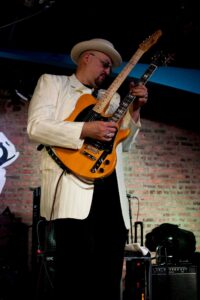 “The whole plan was for me to do some sports announcing for the college basketball games and I didn’t really want to do that,” he said. “But the station manager said that he had this open blues show on Sunday night. I didn’t know anything about blues, but I got the gig anyway. That filled this huge void in my life. I literally was around all these legendary musicians, who were right there within reach. I could talk with them and jam with them. I mean they opened themselves up to me. I got a whole lot from the Chicago Blues and this is just me giving back.”
“The whole plan was for me to do some sports announcing for the college basketball games and I didn’t really want to do that,” he said. “But the station manager said that he had this open blues show on Sunday night. I didn’t know anything about blues, but I got the gig anyway. That filled this huge void in my life. I literally was around all these legendary musicians, who were right there within reach. I could talk with them and jam with them. I mean they opened themselves up to me. I got a whole lot from the Chicago Blues and this is just me giving back.”
Synchronicity played a huge part in leading Dr. Dan to the Chicago Blues and he couldn’t even get away from its impact during his days at medical school.
“There was a legendary blues club called the Checkerboard Lounge,” he said. This was a little hole in the wall place that held about 80 people. The Rolling Stones recorded a live album and video there with Muddy Waters (back in 1981.) One of the owners of the club was Buddy Guy and his partner L.C. Thurman. Thurman ran the animal laboratories at Northwestern University Medical School. I mean how random and synchronous was this that?”
But what Dan didn’t know was Thurman owned a small blues club on the South Side.
“We’d be in the lab and I’d be playing these Freddie King 8-tracks that I had and he’d come ask ‘who’s playing blues?,'” he said. “He told me that he owned this club called the Checkerboard Lounge and I didn’t believe him. He invited me down, and I still didn’t believe he owned it, but I went down. There were eight people in the bar that night – Buddy Guy, Junior Wells, Magic Slim, Johnny Dollar, Lefty Dizz and my future bandmate ‘Killer’ Ray Allison. And guess who’s behind the bar pouring them all cognac – LC Thurman. That night really was one of the greatest nights of my life. It really changed my life and made me forget about my loss of basketball and helped me sort of diffuse all the depression. Blues gave my life meaning.”
And Chicago Slim was born.
 Dr. Dan, who is better known in the blues community by the stage name Chicago Slim, formed his band, the Chicago Blues All-Stars, which incorporates elements of funk, soul, R&B and hip hop, thus keeping the Blues alive and relevant to both traditional and younger audiences. But he never strays far from his oath to make an impact on his community, which he said started even before he graduated from medical school.
Dr. Dan, who is better known in the blues community by the stage name Chicago Slim, formed his band, the Chicago Blues All-Stars, which incorporates elements of funk, soul, R&B and hip hop, thus keeping the Blues alive and relevant to both traditional and younger audiences. But he never strays far from his oath to make an impact on his community, which he said started even before he graduated from medical school.
“All these musicians who were my friends and mentors never charged me a dime for all the wisdom or teachings they gave me,” he said. “And these musicians would play a 10,000-seat arena in Europe and come back to Chicago and they didn’t have medical insurance. Many of them suffered from high blood pressure and diabetes and didn’t have the insurance to help them pay for medical visits. So even though I was still in medical school and not a doctor yet, I would be in the club taking their blood pressure or sticking their fingers to check on what was going on with their diabetes. At that moment, I realized that musicians, however phenomenal we believe them to be or however cool society thinks they are, are an underserved community. And as I got older and develop more skills and more resources around me to where I could really make an impact, I made that a lifelong commitment, you know, underserved communities in Chicago.”
THE GREATNESS OF CHICAGO BLUES
Dr. Dan said the birth of Chicago Blues exploded on the scene when Muddy Waters, who migrated from the Mississippi Delta to Chicago in the 1940s, plugged his guitar into an amp and gave everyone a taste of the Chicago Blues, including so many budding musicians across the pond in England.
Keith Richards said he was so inspired by Muddy Waters, he even named his band The Rolling Stones after one of the bluesman’ s tracks. And Mick Jagger said the first album he ever bought was one by Muddy Waters.
“I think the power of the Chicago sound is what was so inspiring to a young Jimmy Page and a young Jeff Beck and a young Eric Clapton,” he said. “I mean this stuff was heavy. The beat was heavy. The music was intense. The lyrics were just surreal. I mean all the bluesmen recorded in Memphis and Mississippi, but when they came to Chicago, that sound was different than anything that had ever been recorded. The rawness, the energy, and the electricity of that blues was something that was transformational for the genre. I mean, Memphis blues is beautiful. Delta Blues is fantastic, but Chicago Blues is the kind of stuff that makes the hair on the back of your neck stand up when you hear hear Howlin’ Wolf hit it. It’s a very unique sound and you could see how a bunch of young white kids in the UK would just be completely mesmerized by it.”
And Dr. Dan is still mesmerized himself by the sound of the Chicago Blues and is close to having his dream of opening a home base and concert venue where all the bluesmen have a place to pass their knowledge down to the younger generation.
“We’ve found a 50,000-square foot for Chicago Blues Society,” he said. “The facility has performance centers where we’ll have lessons and shows. It will allow us to work with the Chicago Public Schools, in addition to having a lot of blues events. This is a place where the Chicago Blues will live on.”

